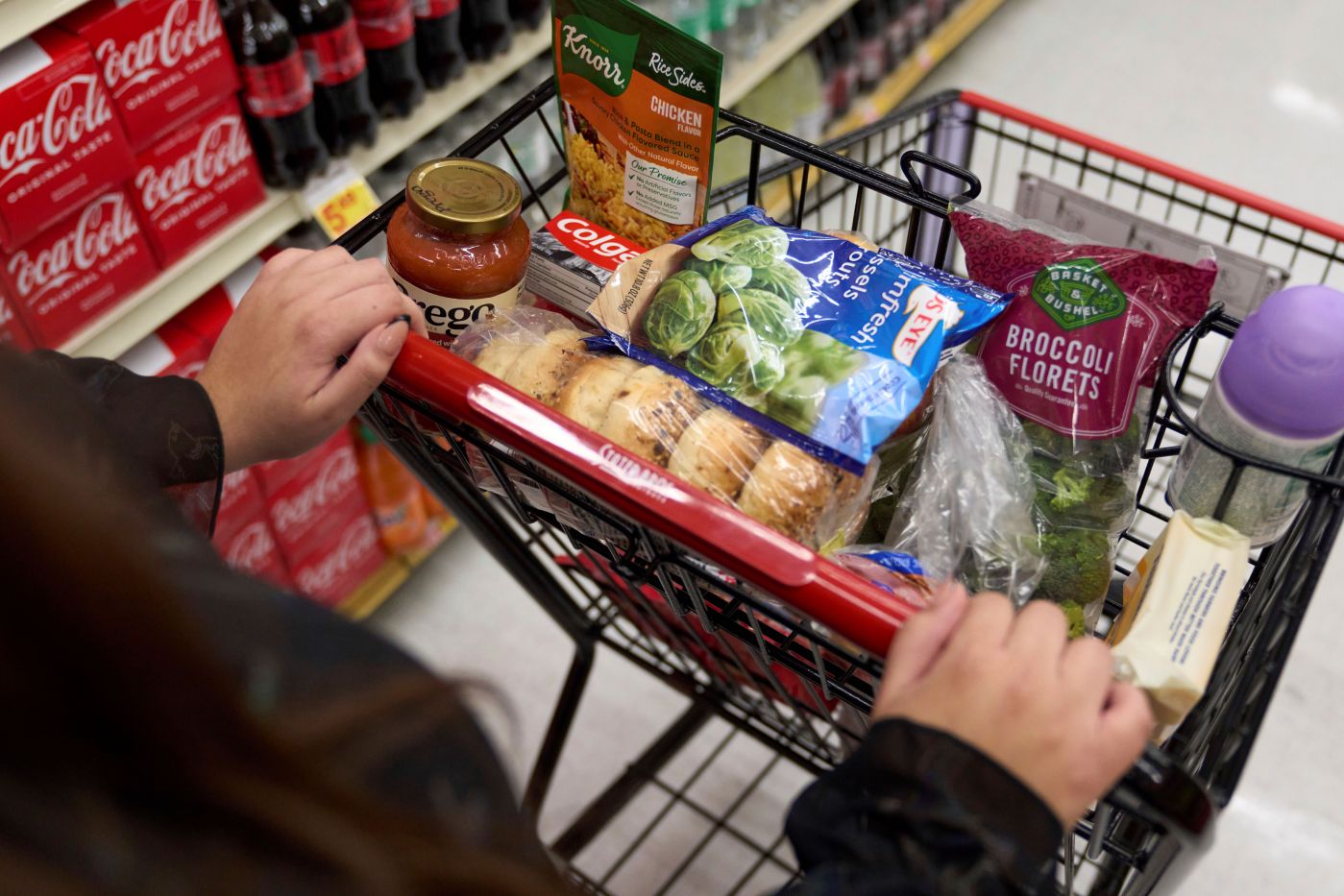
Scimeca: Consumers can buy groceries without DC meddling
“Eat your peas!” While those words may be rooted in love when your mother says them, love is the last thing that comes to mind when lawmakers try to impose dietary restrictions on Americans.
A handful of members of Congress believe it is time they raid the refrigerators of over 40 million lower-income Americans on the Supplemental Nutrition Assistance Program (SNAP) through proposed legislation labeled The Healthy SNAP Act. Sen. Marco Rubio (R-Fla.) says his bill will “ensure that SNAP program funds go toward healthy nutritious food.”
From a fiscally conservative viewpoint, this may appear an ideal proposal: save the taxpayers some money while nudging our fellow citizens toward a healthier lifestyle. Though seemingly benign, empowering politicians to set standards on diet and nutrition for anyone, including those on public assistance, is fraught with peril as much as any expansion of government power over consumers’ choices. The restrictions would start with SNAP stakeholders but soon spread everywhere.
A federal blacklisting of foods will trickle down to professional and health organizations, and state and local governments, future legislation, and become standards referenced by insurance and healthcare providers. Those in the past who have attempted to regulate drink sizes, salt intake, or red meat would have a new weapon with which to cudgel the public, leading to less choice and higher costs for consumers.
The same government that produced the low-fat, high-carb food pyramid that coincided with skyrocketing cardiac disease in the 1950s has proven they have no business acting as the nation’s Nutrition Czar. Consumers should be trusted to make grocery store decisions that best fit their own needs, even if that includes the occasional snack or treat.
The bill itself won’t offer any relief to taxpayers, as recipients would still spend their allotted allowance, regardless of what foods are permitted. And the idea that people will suddenly stop consuming their favorite foods and drinks based on a finger wagging in their face is preposterous. If it were just that easy, our $90 billion weight loss industry would be a distant memory.
Note that Rubio’s bill would impact over five million of our elderly citizens on SNAP, as well as 20,000 military families, 213,000 members of the National Guard, and over 1 million veterans. What an insult it would be to seniors and families who wore the uniform for our country to have their government limit their food choices like a meddling nanny.
Some have proposed limits that would result in prohibitions on white bread and American cheese. Others think sodas, ice cream, and desserts should be off-limits.
Where, exactly, would such restrictions stop? Could SNAP recipients buy Corn Flakes but not Frosted Flakes? Would ground beef have to be 85% lean? Would whole milk be out, but 2% and skim be permissible?
SNAP is intended to ease food insecurity, not exacerbate it. Those receiving this assistance should be given the same leeway in the grocery aisle as those who do not. Food purchases involve individual preferences for nutrition, and peoples’ choices vary widely depending on taste, cultural and regional cuisines, and – especially now – affordability.
Parents are entitled to implore their children to eat their vegetables. The government, however, should not usurp the judgment of families on what they put in their shopping carts.
Gerard Scimeca is an attorney and serves as chairman and co-founder of CASE, Consumer Action for a Strong Economy, a free-market consumer advocacy organization./InsideSources

